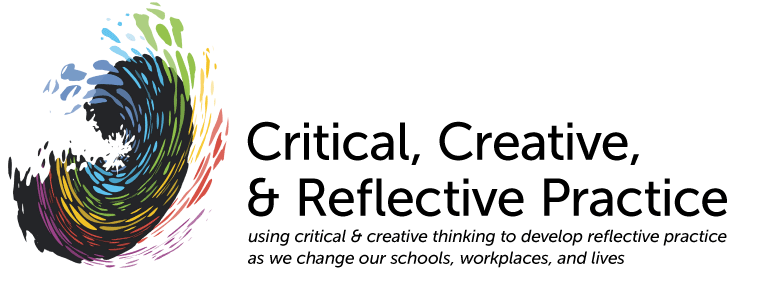
There are many approaches to teaching or coaching, each of which aims to improve the knowledge or thinking of students or some other audience. In other words, each aims to change their thinking. This is obviously also the case when one tries to improve the critical thinking of others.
We might ask how strong the basis is for any given approach to teaching or coaching. We could, in the spirit of critical thinking, scrutinize the assumptions, evidence, and reasoning behind the approach. In this case, we want you to do this scrutinizing for a teaching/coaching approach "X" (where you choose X from the list below), but also to go further: Envisage a person or kind of person who is an exponent of teaching/coaching approach X and develop a plan to improve the thinking of the exponent(s) and/or enhance the impact of X on audience "Y" (where Y is a relevant audience for X). In other words, you will be exploring the issue "How do people have their thinking changed" at two levels: first, you think critically about how approach X addresses the issue, and second, you consider how to change the thinking of an exponent of X so that they think more critically about their approach. (You might also reflect on how your own critical thinking about critical thinking develops—that would be a third level.)
X could include: Teaching to a high-stakes tests. Clear lecture, texts, expositions. Teaching to move students from their private universe to new understandings. Experiential learning. Constructivist learning. Entrepreneurial design thinking. Inspirational learning. Redemption. 4Rs. Reevaluation. Socratic method. Talmudic method (Yeshiva education). Project-based learning. Opening-up themes. Clearness committee. Dialogue process. Popular education. Transformational learning. Therapy, of various varieties. Action research. Writers' workshop. Participatory planning. ORID or focused conversation. Mentoring or apprenticeship. Thinking classroom. 21st century skills. Human Givens approach.
Approaches not on this list can be used.
